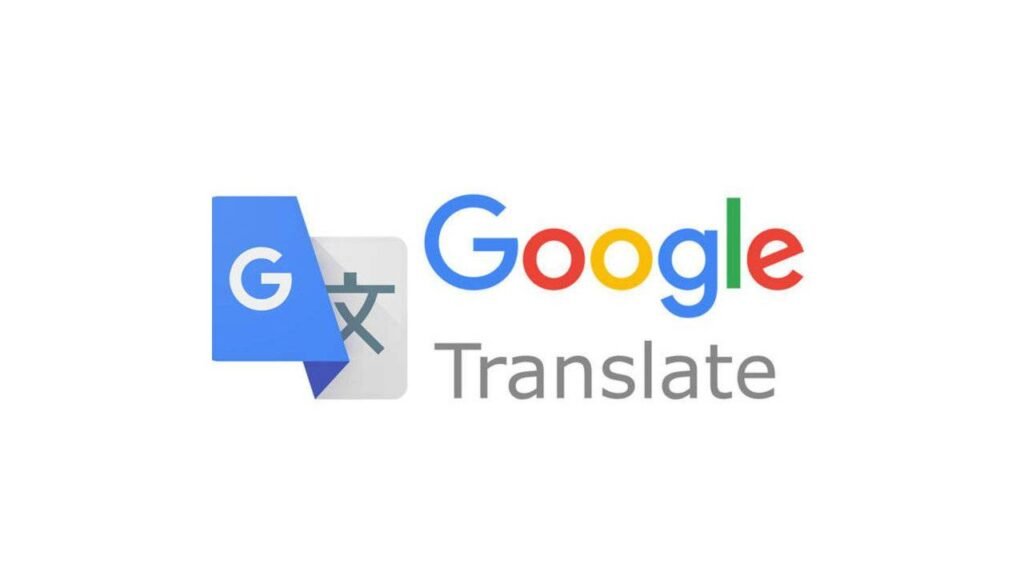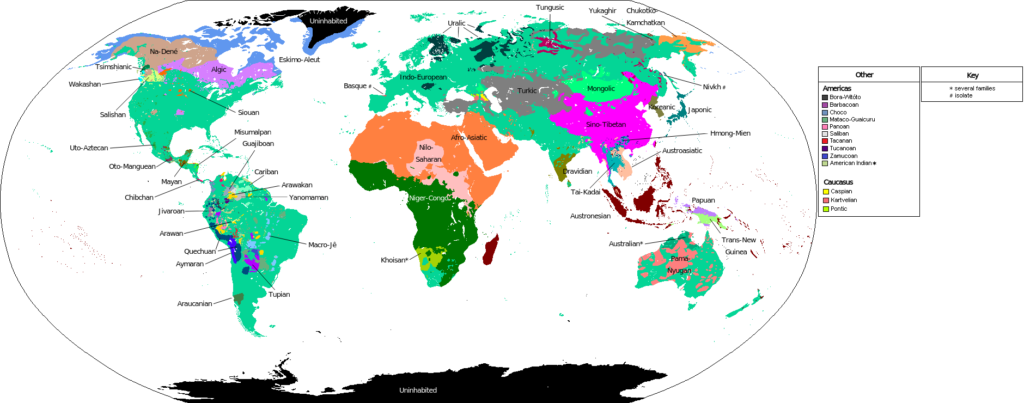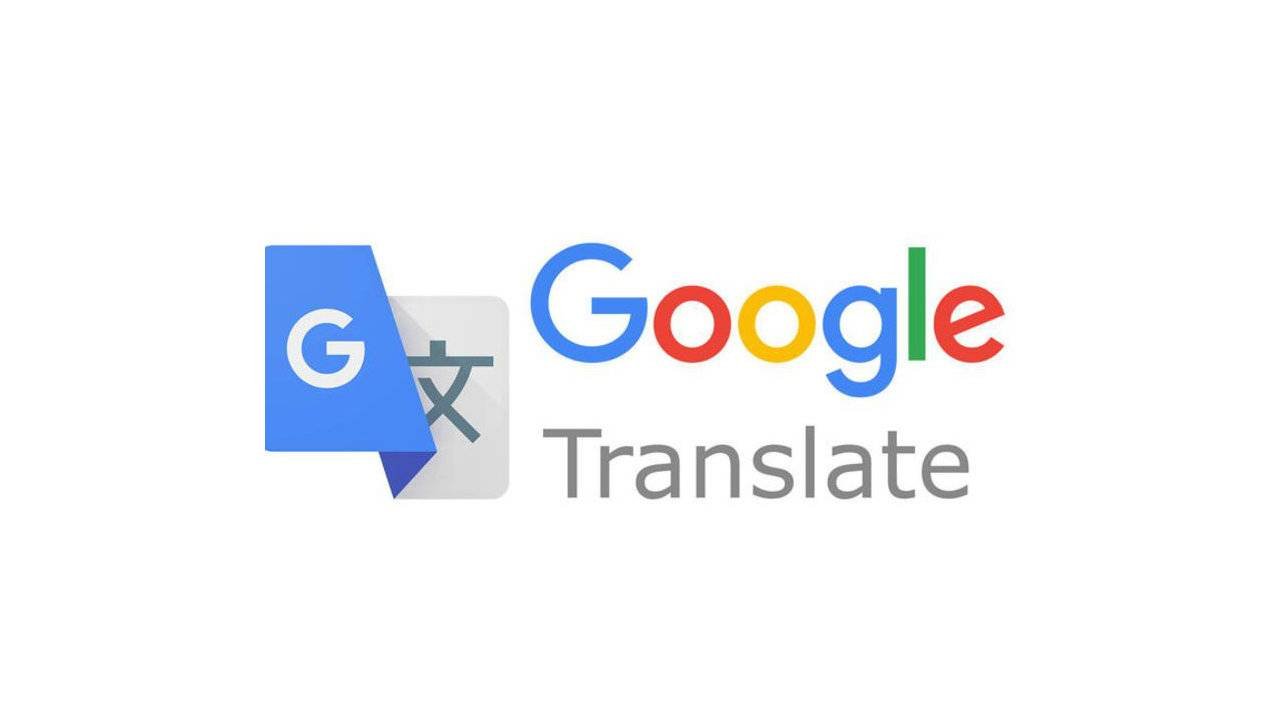
Unless you speak an Indo-European language, you should be concerned!
Can google translate help with the preservation of indigenous languages? And how could that bring its translators into a coherent state?
Unless your home language is English or some other Indo-European language, I feel that you have reason to worry about the possible extinction of your language. Think about it, our world is westernising at an alarming rate, and English is once again cementing itself as the lingua franca.
Globalisation forces people to mingle and reproduce, despite having different backgrounds. Globalisation is colouring the world in a new way. Today many of us are so engulfed in English, and all its uses that we seldom realise that this language was unlikely the first one we spoke during our earlier years. And it seems that we do not mind that either. Apparently, the world does not care, so shouldn’t we!
But what does this then mean for the languages we were born into? Mainly if they are not major scholastic or academically preferred languages? What becomes of them?
The world is changing
Also, considering that the world is in such constant change, how do they stay relevant? For instance, it is almost guaranteed that one would have to assume English or at least know enough about it if they want to live in the USA. The same is true if, for instance, an American or a Japanese arrived on our lands. English has assumed itself as the lingua franca, and we seldom oppose that.
Am I being illusioned? Or is there a real danger for many of these languages to perish? For them to become languages of the museums! And I say this with utter distaste.
The issue is that languages are linked to culture, opening a can of worms no one wants to address. Suddenly everyone’s culture is threatened, and people are advised not to take it personally in the same breath.
But can google help with this issue?
Google translate
Google has a feature called Google translate, which, as the name says, translates!
But this service used to be rubbish and utterly pointless to use. It was not worth its promise at all. But fast forward to today, and they are in a much healthier position, ready to live up to their name.
But Google is still a long way from really bringing this feature to par with native speakers of the languages involved. But it feels like they are constantly upgrading the technology and will one day match their counterparts.
How does Google learn all these new words, and learn to use them in contexts in such surprising ways?
My guess would be through AI and algorithms? But a large part of me would like to believe that they are visiting communities where the languages are spoken and affording people opportunities to be contributors to the languages! This is born from my wish to see people exercise the freedom to engage in such a monumentous change. A change of migrating languages to the web.

A home to the worlds languages!
But Google translate can hold so much power because it will be, in a sense, an archive of languages. A LIBRARY of languages. A tree of languages. A home for languages.
If this technology improves, we will see a unification of languages. Or at least Google would inspire someone entrepreneurs out there to look further down this path. Forever is a long time, and many things will happen before then. Including this technology!
The question is who will invent it, and how they would bring in people as contributors, alongside AI. As with everything, the shared responsibilities would make people fonder of each other, and because life is evolving, it would also grow in this fashion. At least now, people would build together, even if it’s temporarily.
It would not promise to be perfect, but it would be functional. AI would undoubtedly add a great deal of improvement to it. It may make some billionaires or Centi-Billionaires(Adjusted for inflation).
It is another case of bravery finding opportunity.
Go back here.



